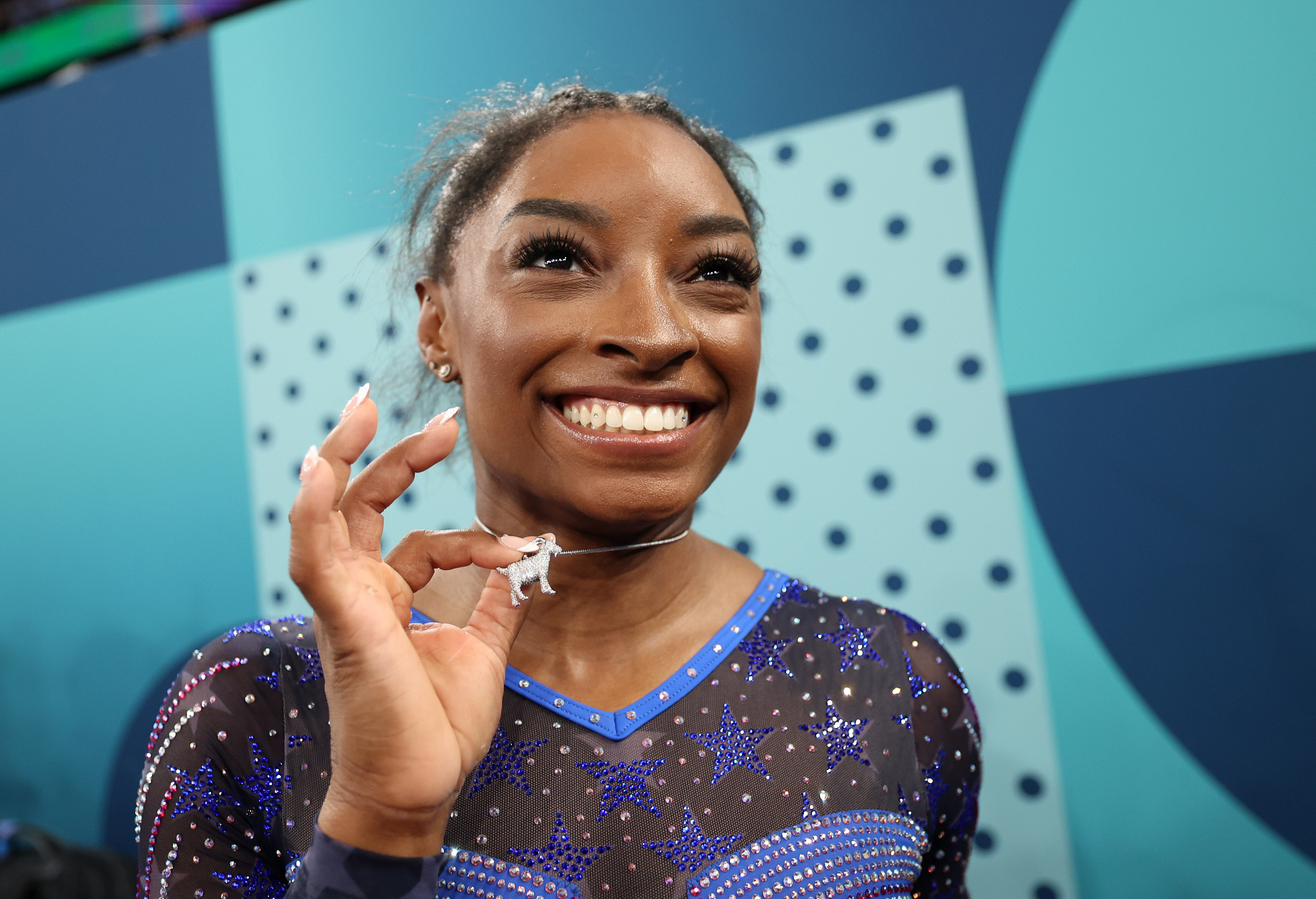As we cheer on Team USA’s track and field stars, two women in the D.C. area are tuning in as Olympians themselves, after they competed in the 1960s and '70s.
Lacey O’Neal, of Northeast D.C., ran the 80-meter hurdles in Tokyo in 1964 and the 100-meter hurdles in Munich in 1972. Esther Stroy-Harper, of Temple Hills, Maryland, ran the 400 meter in Mexico City in 1968, when she was just 15 years old.
They sat down with News4 to share their memories and their excitement about today’s young track stars.
O’Neal, now 80 years old, flipped through black-and-white photos of her running and hurdling.
We've got the news you need to know to start your day. Sign up for the First & 4Most morning newsletter — delivered to your inbox daily. >Sign up here.
“Look at those legs. Boy!” she said with admiration.
In both Tokyo and Munich, she made the semifinals. She went on to coach women’s track at the University of Florida, becoming the first Black coach of any sport there.
This summer, she’s cheering on Masai Russell of Potomac, Maryland, who’s also running the 100-meter hurdles.
Her advice to Russell and other track athletes? “Think of it as a glorified track meet and not worry about anything. And have fun,” she said.
Decades-old memories are still vivid
In Temple Hills, Stroy-Harper, who's now 70 years old, said she’s not just sitting as she watches today’s Olympians in track.
“I’m moving around, like, I’m running and I’m hollering,” she said.
She reminisced about her own Olympic competition and how much practice it took to get there.
“We were all working extra hard. I mean, we got up in the morning at 5 and we had to do a three-mile run. We had to come back to the track at 3 and do a full workout. That is what put us over the edge,” she said.
Stroy-Harper said she and her Black teammates faced racism at times.
“When we traveled, our accommodations were different – black and white. But we’re running the same thing. We’re on the same team,” she said. “You want your voice to be heard, and one way to be heard is to continue to compete and do well, and then you can speak out for those who are voiceless.”
She went on to coach at Stanford University and recently beat a rare form of skin cancer. She goes to the gym early in the morning, four days a week, and still runs a marathon every five years.
Stroy-Harper said said she’s looking forward to cheering on Quincy Wilson, of the Bullis School. He’s in the 4X400 relay pool and is only 16 years old.
Want to know what's up for your weekend? Sign up for The Weekend Scene, our newsletter about events, experiences and adventures for you and for your family around the DMV.
“He is phenomenal,” she said.
As she watches other runners, “It’s almost like I’m still running,” she said. “And then everybody calls and we’re on the phone critiquing. It’s almost like I’m still there.”




